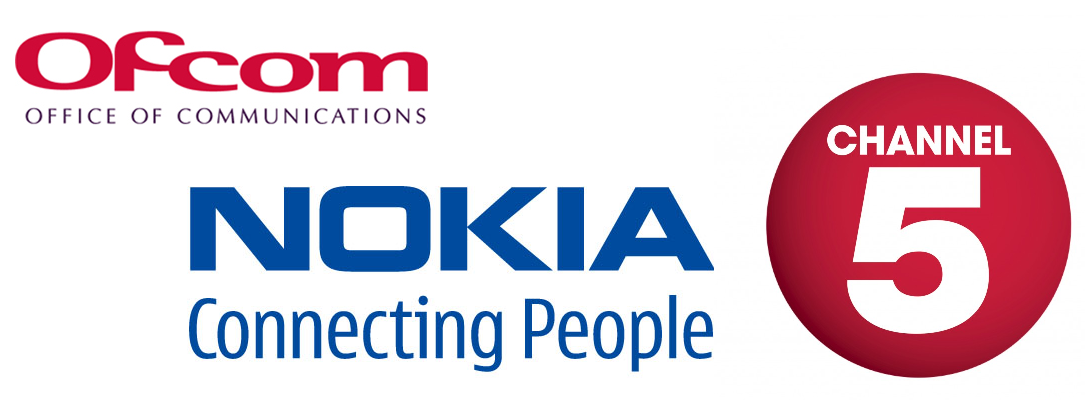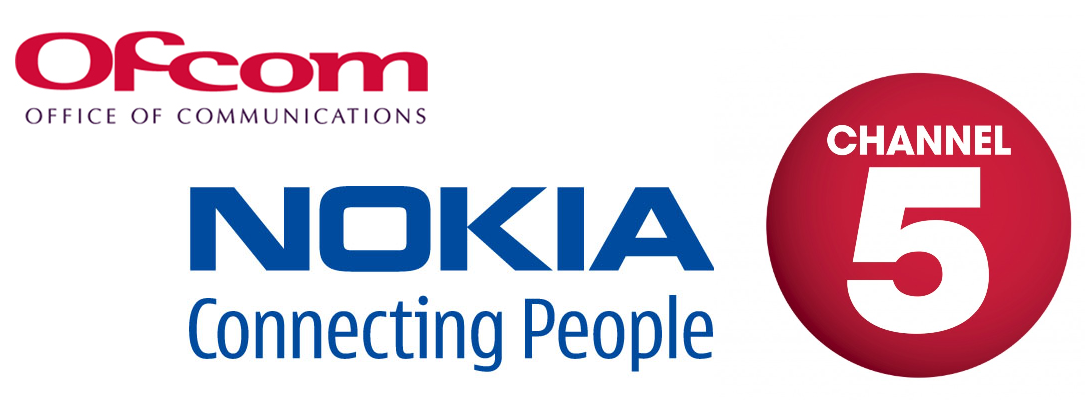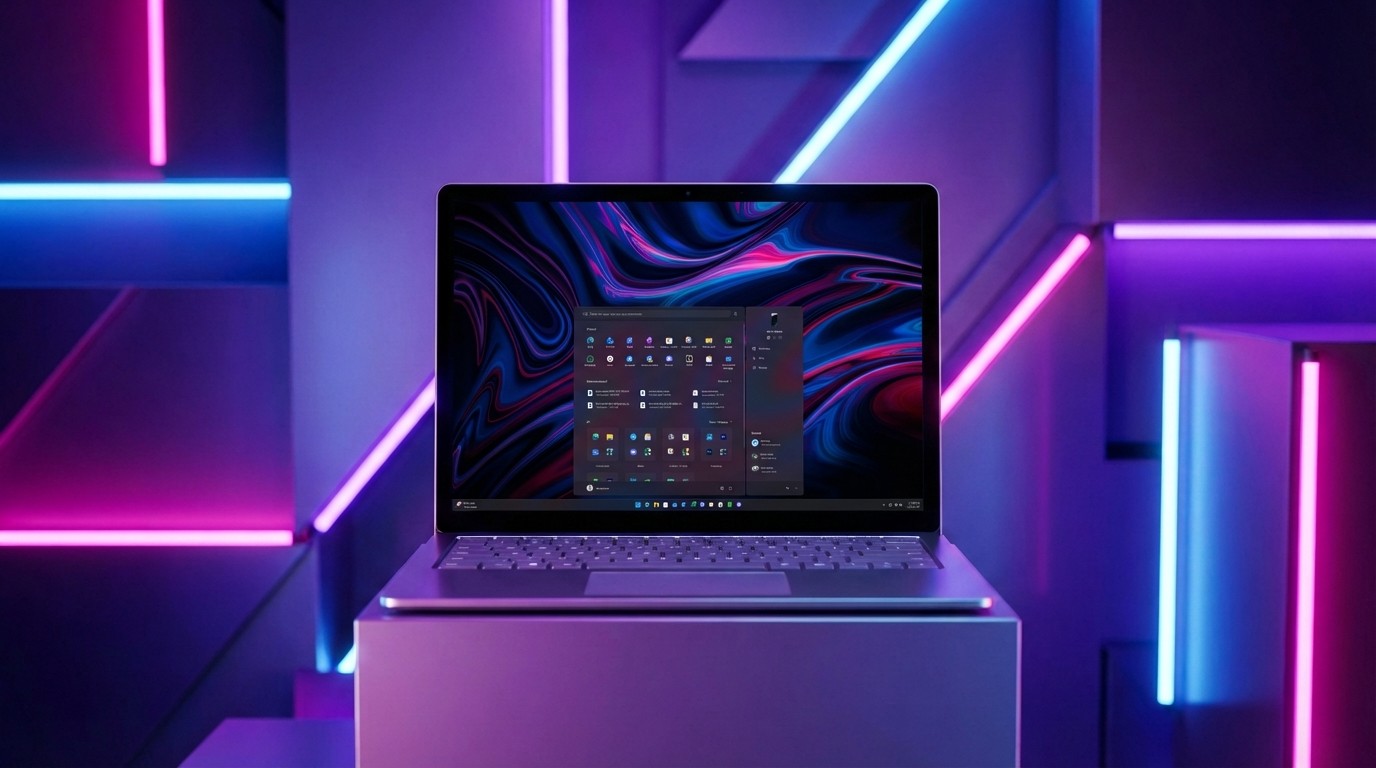Channel 5 and Nokia found in breach of advertising guidelines

All the latest news, reviews, and guides for Windows and Xbox diehards.
You are now subscribed
Your newsletter sign-up was successful
While we all want Windows Phone and Nokia to advertise the hell out of those new phones, we suppose there is such thing as going too far. At least that's what The UK's Ofcom (Office of Communication) had to say about some recent promotion by Channel 5, 5* and 5 USA and Nokia. Ofcom, is the office of regulatory controls for broadcasting in the UK, analogous to the FCC here in the US and they have some far reaching power.
The complaint stems from the use of "advertisement separators‟ or "break flashes (1/2 second in length) which juxtaposed the Channel 5 logo with Nokia Lumia but gave no clear indication of the relationship implied e.g. sponsorship. As it turns out, these "break flashes" are rarely used for advertising and Channel 5 decided to leave off “Channel Sponsor Nokia Lumia” from the flashes as the consumer would not have time to read them (remember, 1/2 second flash here).
Channel 5 defends their actions by saying in isolation, such flashes could be seen as violating Rule 9.19 of the code which states such sponsorship must be obvious but in context, with the rest of the Channel 5-Nokia ads running at the beginning and end of the show, the consumer would "get the connection".
Well, long story short, Ofcom found Channel 5 in breach of Rule 9.19 anyways:
"While recognising Channel 5‟s arguments, in particular that the channel sponsorship relationship would over a relatively short time be apparent to viewers from the longer idents, it is nevertheless the case that all sponsorship credits must comply with Rule 9.19.Where commercial exposure can be achieved for a sponsor, as it was in the flashes by using branding and the Nokia Lumia name, the material must in every case make clear the sponsorship arrangement. If an item cannot be made compliant with the rules, i.e. it is too brief for text or audio to convey the necessary sponsorship relationship, the item should not be used as a sponsorship vehicle"
What this demonstrates of course is Nokia (and its partners) are being very aggressive with advertising, so much so that they are pushing some boundaries with how far they can go, especially in the UK. While a technical matter, it's still a bit fun to read that a Windows Phone partner (and affiliates) may be going too far at times with their promotions.
Source: Ofcom (pdf); Thanks, Shaun, for the tip!
All the latest news, reviews, and guides for Windows and Xbox diehards.

Daniel Rubino is the Editor-in-Chief of Windows Central. He is also the head reviewer, podcast co-host, and lead analyst. He has been covering Microsoft since 2007, when this site was called WMExperts (and later Windows Phone Central). His interests include Windows, laptops, next-gen computing, and wearable tech. He has reviewed laptops for over 10 years and is particularly fond of Qualcomm processors, new form factors, and thin-and-light PCs. Before all this tech stuff, he worked on a Ph.D. in linguistics studying brain and syntax, performed polysomnographs in NYC, and was a motion-picture operator for 17 years.

